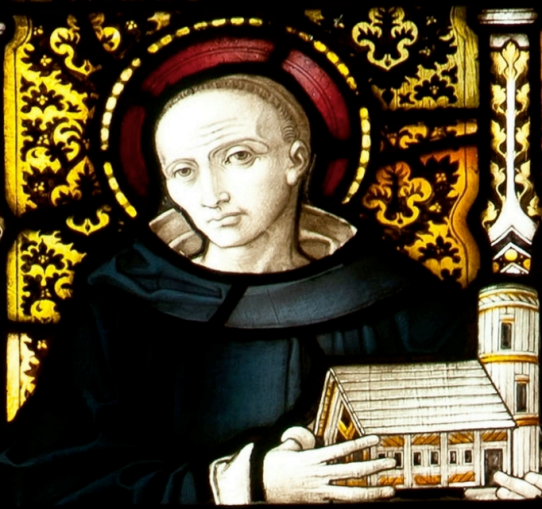REDRUTH PIRAN FEST - SATURDAY 3rd MARCH 2018
Here's the full programme: (click link)
http://www.visitredruth.co.uk/_UserFiles/Files/Redruth%20Town%20Council%20St%20Piran.pdf
According to legend, St Piran was born in Ireland in the 6th century.
He was renowned for his miraculous deeds but a group of tribal kings grew afraid of his powers and jealous of his influence. They put a millstone around his neck and threw him off the top of a high cliff into the sea.
As Piran fell, lightening and thunder raged, but as he reached the sea the storm ceased and the Irish watched St Piran float on the millstone towards the Cornish shore.
After many days at sea, he safely landed on the beach that bears his name today – Perranporth. He built his chapel in what is today a large expanse of sand dunes and it is said that his first converts were a fox, a badger and a boar. The Cornish people flocked to see him as news of his teaching spread.
St Piran is a well-known saint and many places and churches bear his name throughout Cornwall and Brittany. There was also a medieval chapel of St Piran in Cardiff, Wales. Piran is the patron saint of tinners and one tale explains how he discovered tin – although in truth, tinning had been carried out in Cornwall for centuries before hand.
St Piran also liked a drink and the local expression ‘as drunk as a Perraner’ has survived down the ages. It is also reputed that he lived to the grand old age of 206.
St Piran’s flag is acknowledged as the national banner of Cornwall, with the white cross on a black background said to signify the white tin coming out of the black ore and the light of truth shining in the darkness, a reference to the early Celtic Christianity Piran brought to Cornwall.
Each year a large number of events, which focus on Cornwall’s distinct culture and identity, are held to celebrate St Piran’s Day.






